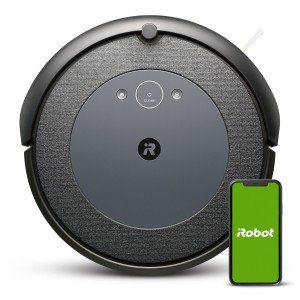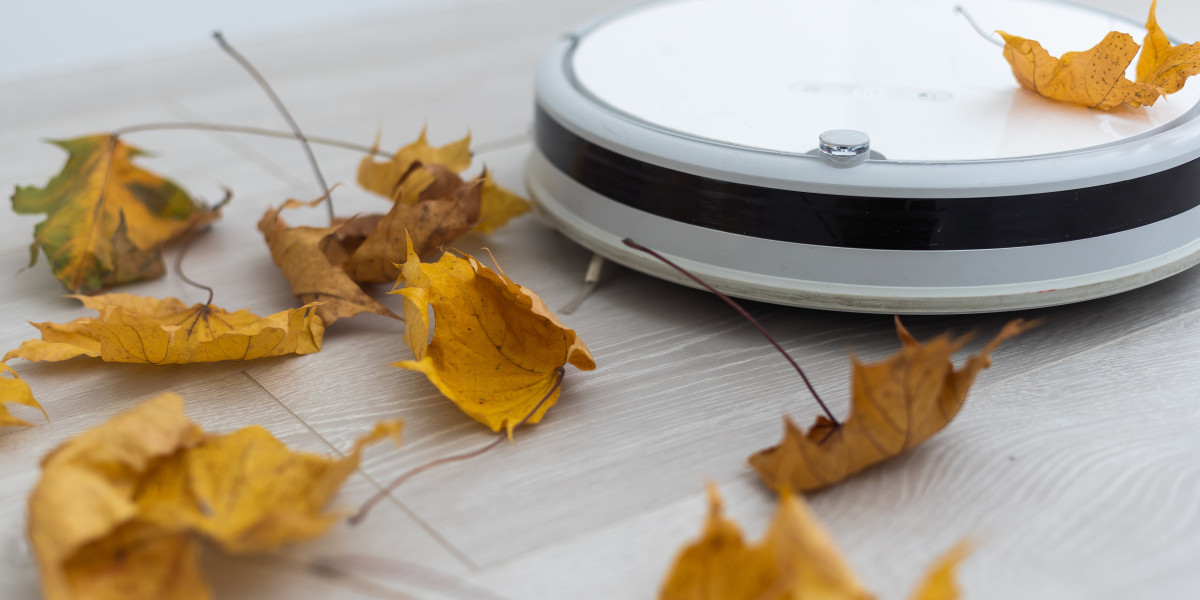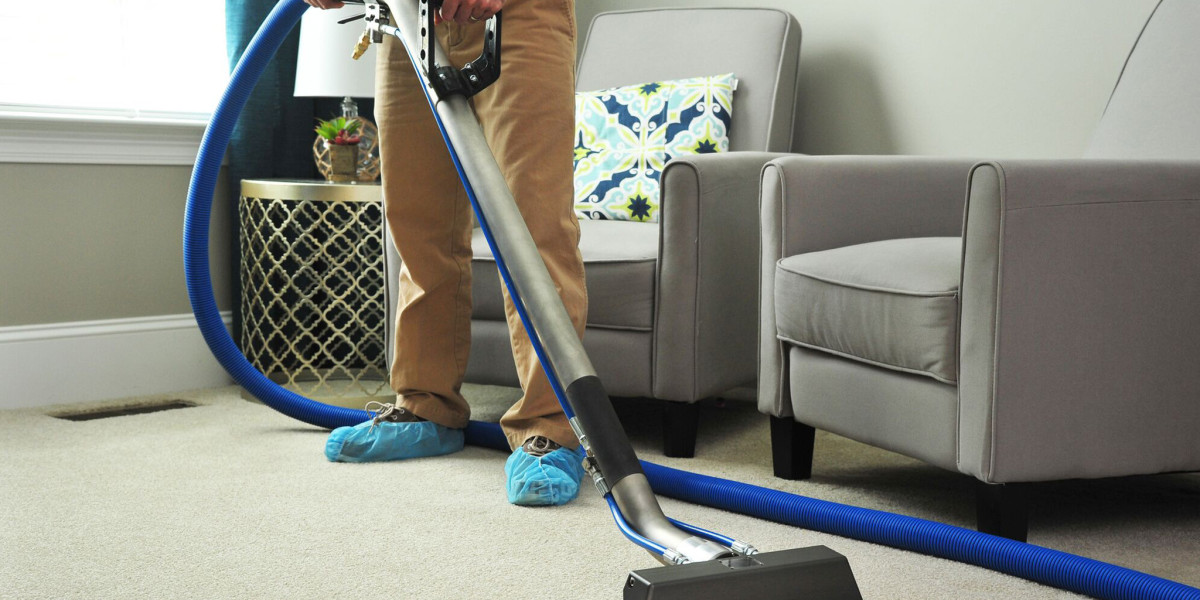Robotic Vacuum Cleaner Comparison: The Future of Home Cleaning
Recently, robotic vacuum cleaners have actually transformed the way we preserve tidiness in our homes. With improvements in technology and the incorporation of expert system, these gadgets have evolved from simple novelty items to necessary household appliances. This short article supplies a thorough comparison of some of the leading robotic vacuum cleaners on the marketplace, helping consumers make informed decisions when picking a model that fits their needs.
Understanding Robotic Vacuum Cleaners
Robotic vacuum are autonomous makers created to clean floorings automatically. Equipped with sensors, they navigate around barriers and change their cleaning routes for optimal effectiveness. The key features that differentiate different models consist of suction power, battery life, app connection, navigation technology, and price.
Key Features to Consider
When comparing robotic best automatic vacuum cleaner cleaners, potential buyers must take into account the following aspects:
- Suction Power: Measured in Pascals (Pa), suction power identifies the effectiveness of selecting up dirt and particles.
- Battery Life: The length of time a vacuum can operate before needing a recharge substantially affects its cleaning efficiency.
- Navigation Technology: Models may utilize simple random navigation or advanced mapping innovations (like LIDAR) that permit them to produce a map of the home.
- Smart Features: Connectivity to mobile phone apps or smart home systems can boost usability and control.
- Filter Type: HEPA filters are advised for allergy patients, as they trap allergens and improve air quality.
Comparison of Top Robotic Vacuum Cleaners
Below is a comparison table of some of the best floor vacuum robot robotic vacuum cleaners available in 2023:
| Model | Suction Power (Pa) | Battery Life (minutes) | Navigation Technology | Smart Features | Price (GBP) |
|---|---|---|---|---|---|
| iRobot Roomba i7+ | 1700 | 75 | Smart mapping | App control, voice command | ₤ 949 |
| Roborock S7 | 2500 | 180 | LIDAR | App control, multi-floor | ₤ 649 |
| Neato D7 | 2000 | 120 | LIDAR | App control, zone cleaning | ₤ 599 |
| Ecovacs Deebot T10 | 3000 | 150 | Smart mapping | App control, space detection | ₤ 799 |
| Shark IQ cheap robot vacuum | 1200 | 90 | Random | App control, self-emptying | ₤ 399 |
Explanation of the Table
iRobot Roomba i7+: Known for its robust cleaning capability, it includes smart mapping technology that enables it to designate particular locations for cleaning. Its self-emptying function is a plus for benefit.
Roborock S7: This model masters suction power and battery life, making it perfect for bigger homes. Its LIDAR innovation assists produce an efficient cleaning path, and it can vacuum and mop all at once.
Neato D7: The D-shape style enables much better corner cleaning, and it includes strong suction power. Its LIDAR navigation enables it to map out cleaning locations accurately.
Ecovacs Deebot T10: Boasting the highest suction power and advanced navigation, this model can manage multiple floorings successfully. It's a versatile option for homes with varying floor types.

Shark IQ Robot Vacuum Cleaner Comparison: An economical choice that still offers smart features. Its self-emptying capability and app combination make it a useful option for those searching for a solid cleaning buddy without breaking the bank.
Benefits of Robotic Vacuum Cleaners
robotic vacuum cleaner commercial vacuum cleaners offer numerous advantages that add to their rising appeal among customers:
- Time-Saving: automated vacuum cleaner cleaning enables users to release up important time that can be invested in other activities.
- Convenience: Many designs can be scheduled through apps to clean up at particular times, decreasing manual effort.
- Accessibility: They can reach under furniture and in tight areas where conventional vacuums may struggle.
- Daily Maintenance: Regular use of robotic vacuums can help maintain a consistently tidy environment, promoting better total home health.
Frequently Asked Questions About Robotic Vacuum Cleaners
1. How often should I run my robotic vacuum?
It is advised to run the robotic vacuum a minimum of 2-3 times a week to preserve tidiness, though daily usage can be useful, especially in homes with pets or high foot traffic.
2. Do robotic vacuums deal with carpets?
Yes, numerous robotic vacuums are created to work on carpets, but efficiency may differ based upon the model's suction power and brush type. Search for designs specifically pointed out as effective for carpets.

3. Can robotic vacuums clean animal hair?
Most robotic vacuums can effectively get pet hair, however those with strong suction and tangle-free brush styles are particularly appropriate for this task.
4. How do I preserve my robotic vacuum?
Regular upkeep includes cleaning the brushes and sensors, emptying the dustbin, and periodically changing filters to ensure ideal efficiency.
5. Are robotic vacuums worth the financial investment?
While they tend to be more expensive than conventional vacuums, the convenience, performance, and time-saving aspects make them a worthwhile financial investment for numerous homes.
The market for robotic vacuum continues to expand as technology evolves, using customers a variety of choices to match different cleaning needs and budgets. By thoroughly thinking about features such as suction power, battery life, and smart abilities, users can pick a design that lines up with their lifestyle. Whether for convenience, ease of usage, or exceptional cleaning performance, robotic vacuums are unquestionably reshaping the future of home cleaning.








